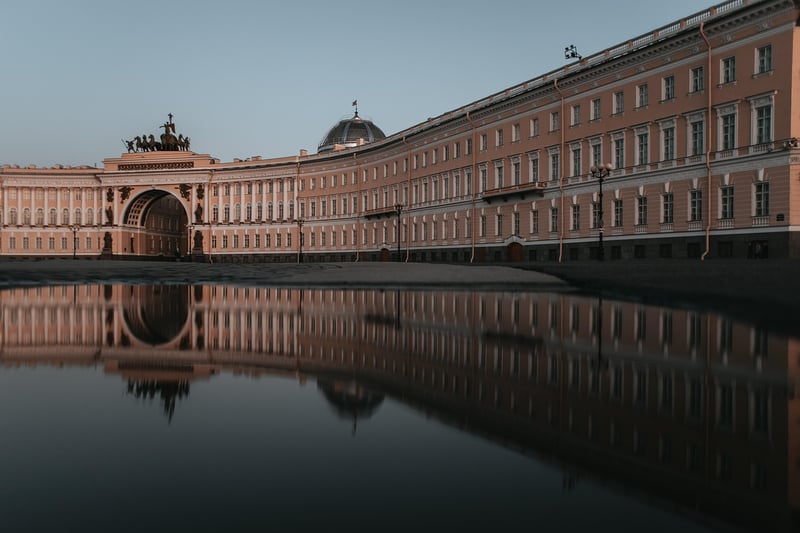Historical Alterations
The Intersection of Moral Considerations and Historical Alterations
Exploring the delicate balance between moral considerations and historical alterations can shed light on the complexities of preserving the past while honoring ethical standards. This intersection offers a nuanced perspective on how societies navigate the challenges of presenting history accurately while addressing sensitive issues with empathy and respect.
The Importance of Moral Considerations
Moral considerations play a crucial role in shaping how historical events are interpreted and presented to the public. As societies evolve and perspectives shift, it becomes essential to reevaluate the narratives that have been passed down through generations. By examining these narratives through a moral lens, we can identify instances where historical inaccuracies or biases may have shaped our understanding of the past.
Furthermore, moral considerations prompt us to reflect on the impact of historical events on different communities and to acknowledge the voices that have been marginalized or silenced in traditional historical accounts. By centering morality in historical discourse, we can strive for a more inclusive and empathetic representation of the past.
Navigating Historical Alterations
Historical alterations, whether intentional or unintentional, present a complex challenge for historians, curators, and society at large. While it may be tempting to revise history to align with contemporary values, it is crucial to approach such alterations with caution and integrity. Striking a balance between preserving the authenticity of historical records and addressing problematic aspects of the past requires careful consideration and expertise.
When considering historical alterations, it is essential to engage in transparent discussions about the motivations behind such changes and the potential implications for future generations. By openly addressing the reasons for modifying historical narratives, we can foster a deeper understanding of the complexities involved in interpreting and presenting history.
Striving for Ethical Historical Representation
Ultimately, the intersection of moral considerations and historical alterations underscores the importance of striving for ethical historical representation. By approaching history with sensitivity, empathy, and a commitment to truth, we can honor the experiences of those who came before us and create a more inclusive narrative that reflects the diversity of human perspectives.
As we navigate the complexities of preserving the past and confronting historical injustices, it is essential to engage in ongoing dialogues that prioritize morality and integrity in historical discourse. By embracing these principles, we can work towards a more just and equitable understanding of our shared history.
Image source: Pixabay

